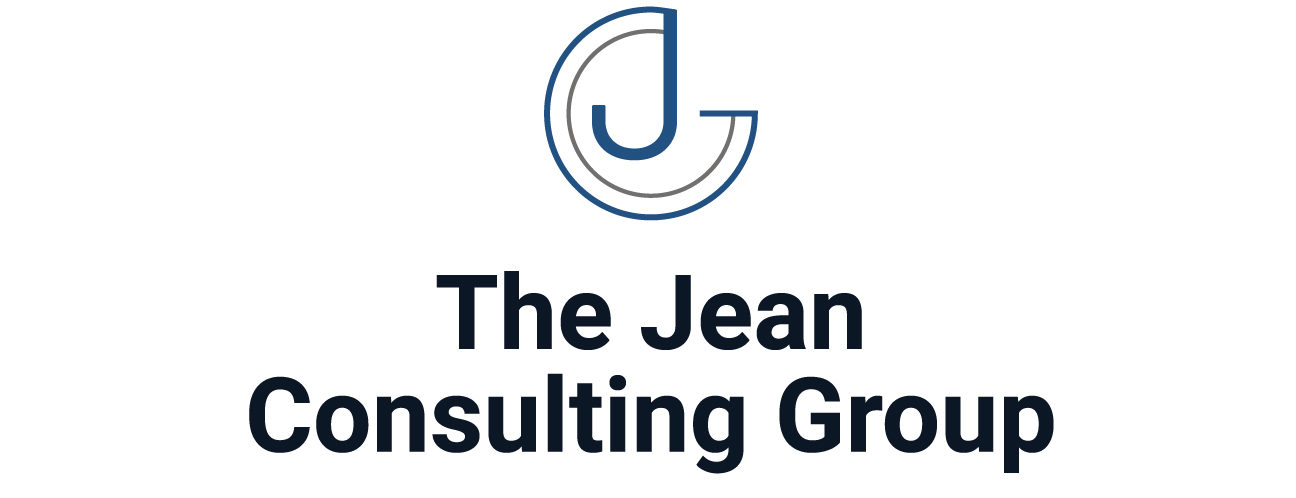In today’s evolving workplace environment, the importance of fair and strategic contract negotiations cannot be overstated, especially in the context of preventing and addressing unfair labor practices. This article delves into the critical aspects of contract negotiations while highlighting effective strategies for identifying and mitigating instances of unfair labor practices, ensuring a balanced and equitable work environment for all parties involved.
Understanding the Landscape of Contract Negotiations
Contract negotiations serve as the cornerstone of labor relations, setting the terms of employment, wages, benefits, and working conditions. These negotiations, however, are not just about reaching an agreement; they are about establishing a relationship based on mutual respect and fairness.
- Preparation and Transparency: Effective negotiations begin with thorough preparation and a commitment to transparency. Understanding both parties’ needs and constraints facilitates a more open and productive negotiation process.
- Effective Communication: Clear, consistent communication is essential. It helps in aligning expectations and resolving misunderstandings, which can often lead to perceptions of unfairness.
- Mutual Respect: Recognizing the inherent value and concerns of all negotiating parties fosters an atmosphere of respect, reducing the likelihood of disputes and allegations of unfair practices.
Addressing Unfair Labor Practices in Contract Negotiations
Unfair labor practices, such as discrimination, intimidation, or refusal to bargain in good faith, can significantly undermine the negotiation process and damage trust between employers and employees.
- Legal Frameworks and Compliance: A solid understanding of labor laws and regulations is crucial. Adherence to these laws not only ensures compliance but also demonstrates a commitment to fair practices.
- Proactive Identification and Resolution: Being proactive in identifying potential unfair practices and addressing them promptly can prevent escalation and maintain the integrity of the negotiation process.
- Role of Mediation and Neutral Third Parties: In cases where unfair labor practices are alleged, involving neutral third parties or mediators can help in objectively assessing the situation and facilitating a resolution.
Strategies for Mitigating Unfair Labor Practices
Mitigating unfair labor practices requires a multifaceted approach, focusing on both preventive measures and effective resolution mechanisms.
- Education and Training: Regular training sessions for management and negotiating teams on labor laws and negotiation ethics can prevent unintentional unfair practices.
- Clear Policies and Procedures: Establishing clear policies against unfair labor practices and outlining the procedures for reporting and addressing such issues are essential for prevention and resolution.
- Open Channels of Communication: Maintaining open lines of communication with employees and their representatives can help in early detection of concerns and facilitate their prompt resolution.
Conclusion
Contract negotiations are a critical aspect of labor relations, requiring a balanced approach that respects the rights and needs of all parties. By integrating strategies to prevent and address unfair labor practices, organizations can foster a more equitable and productive negotiation process. This not only aids in reaching fair agreements but also in building a foundation of trust and respect, essential for long-term organizational success and employee satisfaction.




